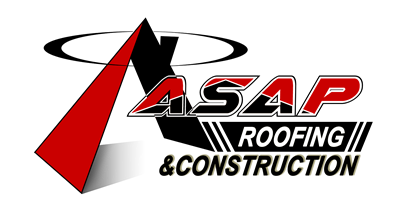About Commercial Roofing
What Do I Need to Know About Commercial Roofing?
When discussing Commercial Roofing there are a great deal of differences to be noted which may not pertain to residential roofing.
Most residential homeowners are familiar with roofing materials for their homes such as shingles, felt, ridge cap, and drip edge. But when it comes to commercial products they are much less likely to recognize those materials unless they happen to be in the commercial building industry.
Commercial projects are generally more complex due to building specifications, codes, inspections, and often just the sheer size of the commercial project. Many residential roofers do not have the knowledge or qualifications it takes to undertake the complexities of many commercial projects.
Several differing aspects of commercial roofing and residential roofing that are important are: materials, installation, repairs, and maintenance.
If you are a knowledgeable homeowner and have been through the process of buying or building a new home then you are probably familiar with the types of materials you can purchase for your new home.
Most of us are familiar with the available products to roof your home with such as, wood shingles, asphalt shingles, metal, slate, and clay or concrete tiles. But you are probably not familiar with TPO, PVC, and EPDM single ply systems. Or, Modified bitumen, build-up, or polyurethane commercial systems.
When it comes to commercial roofing there is a considerable difference in residential and commercial.
Generally installation for commercial roofing, due to their size and complexity, takes longer to install than residential.
Many residential homes can be roofed in only a day or two while commercial roofing can take a month or longer depending on the size and type of commercial roofing system being used.
Commercial roofing installation is much more stringent when it comes to city and state building codes, permits, and inspections. Multiple inspections may be required during the installation process. Because many commercial buildings often accommodate large numbers people such as restaurants, hospitals, churches, and schools, it is imperative to protect the safety of those lives by making sure the integrity of the roof is without question.
Even though commercial roofing systems are designed for durability, strength, longevity, and reliability, they still will require repairs on occasion. Because most commercial roofing has flat or low pitched roofs they can sometimes have water puddling. Which simply means the rain or melting snow water doesn’t drain off the roof but puddles in a low area of the roof. This often allows the roof to leak. Or it may be damaged by debris that has blown or fallen onto the roof such as a tree limb. Commercial roof repair is often expensive but it can be repaired by qualified roofing contractors.
And when it comes to maintenance, commercial roofs like any other type of building structure should be regularly inspected and maintained for maximum service. A commercial roof inspection should inspected at least twice a year. Regular inspection and maintenance of a commercial roof will save thousands of dollars in roof repairs.
